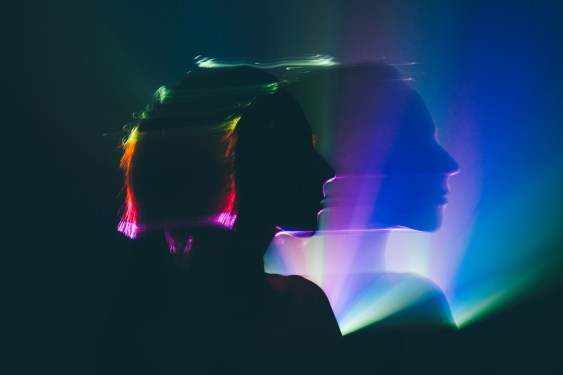Zelda Williams, daughter of the late actor Robin Williams, has a poignant message for her father’s fans. She asked them to stop sending her AI-generated videos of her dad. She stated that people should not believe she wants to see these videos or that she would understand why someone would create them. She does not and she will not. She pleaded for people to stop if they have any decency, saying it is being done to him, to her, and to everyone. She called the practice dumb and a waste of time and energy, asserting that it is not what her father would have wanted.
It is likely not a coincidence that Williams made this post just days after the release of OpenAI’s Sora 2 video model and Sora social app. This technology gives users the power to generate highly realistic deepfakes of themselves, their friends, and certain cartoon characters. That also includes deceased people, who are seemingly fair game because it is not illegal to libel the dead, according to the Student Press Law Center.
Sora will not let you generate videos of living people unless it is of yourself or a friend who has given you permission to use their likeness. But these limits do not apply to the dead, who can mostly be generated without roadblocks. The app, which is still only available via invite, has been flooded with videos of historical figures like Martin Luther King, Jr., Franklin Delano Roosevelt, and Richard Nixon, as well as deceased celebrities like Bob Ross, John Lennon, Alex Trebek, and Robin Williams.
How OpenAI draws the line on generating videos of the dead is unclear. For example, Sora 2 will not generate former President Jimmy Carter, who died in 2024, or Michael Jackson, who died in 2009. However, it did create videos with the likeness of Robin Williams, who died in 2014, according to tests. While OpenAI’s cameo feature allows living people to set instructions for how they appear in videos, the deceased have no such say.
OpenAI did not respond to a request for comment on the permissibility of deepfaking dead people. However, it is possible that deepfaking dead celebrities like Williams is within the firm’s acceptable practices. Legal precedent shows that the company likely would not be held liable for the defamation of the deceased.
Zelda Williams expressed that watching the legacies of real people be reduced to a vague resemblance so that others can create content puppeteering them is maddening.
OpenAI’s critics accuse the company of taking a fast-and-loose approach on such issues. This is why Sora was quickly flooded with AI clips of copyrighted characters upon its release. CEO Sam Altman originally said that Hollywood studios would need to explicitly opt out if they did not want their intellectual property included in Sora-generated videos. The Motion Picture Association has already called on OpenAI to take action, declaring that copyright law safeguards the rights of creators. Altman has since said the company will reverse this position.
Sora is perhaps the most dangerous deepfake-capable AI model accessible to people so far, given how realistic its outputs are. Other platforms lag behind but have even fewer guardrails, making it possible to generate problematic deepfakes of real people. As other companies catch up to OpenAI, we will set a horrifying precedent if we treat real people, living or dead, like our own personal playthings.

